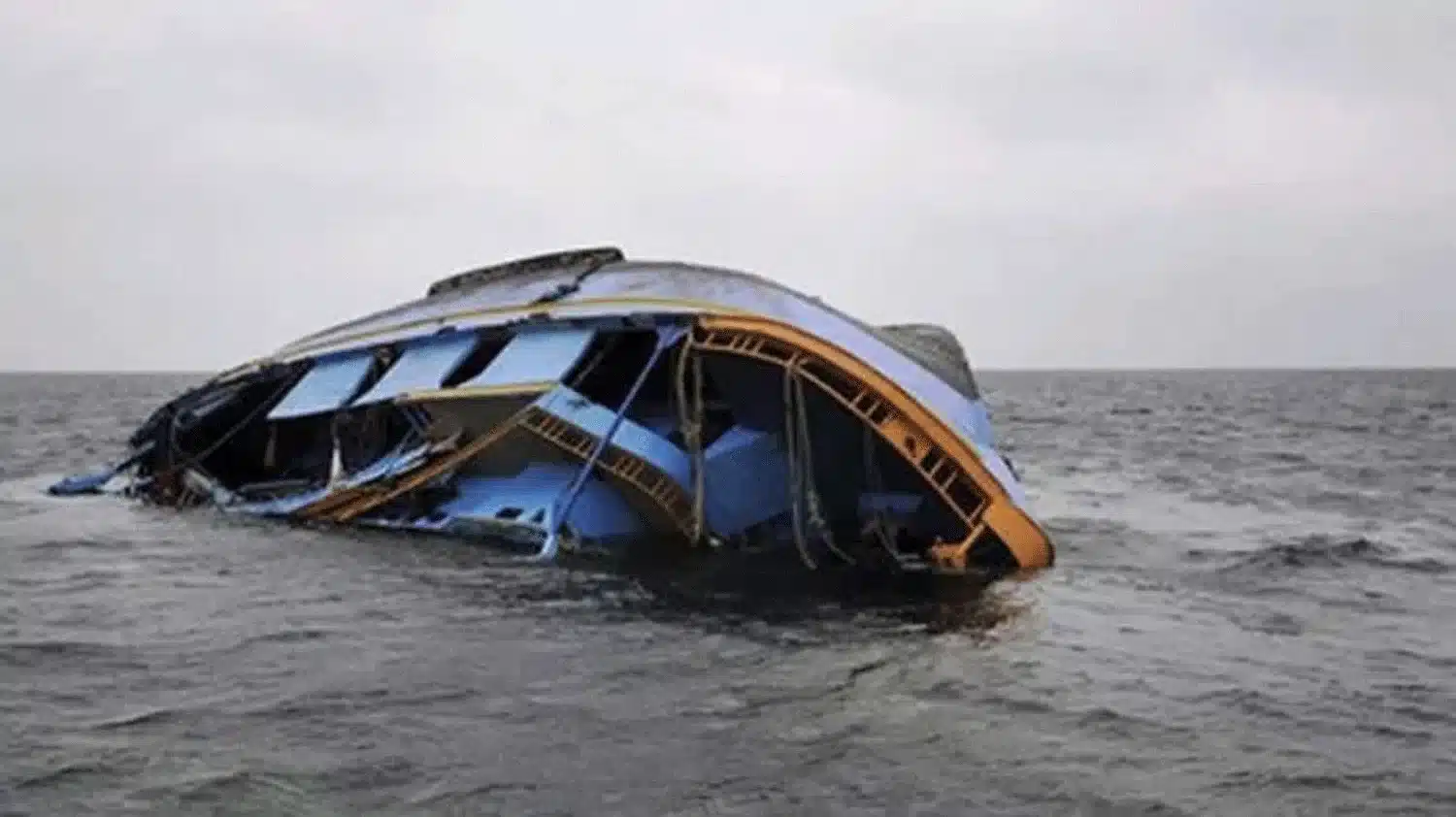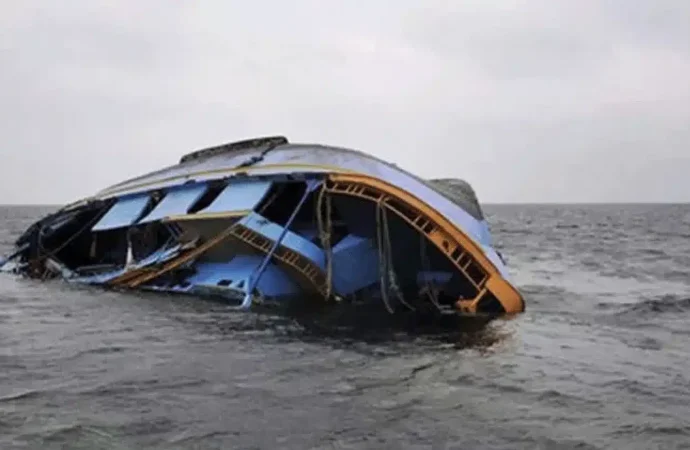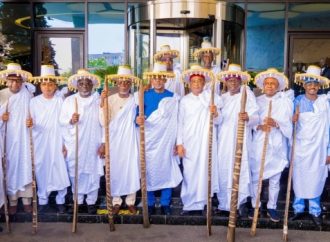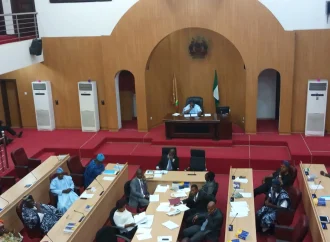Tragedy on the Waters: Kwara State Mourns as 27 Die in Devastating Boat Accident Kwara State has been plunged into mourning after a tragic boat accident claimed the lives of 27 people in a heartbreaking incident that has once again highlighted the urgent need for reforms in water transport safety in the region. The victims
Tragedy on the Waters: Kwara State Mourns as 27 Die in Devastating Boat Accident

Kwara State has been plunged into mourning after a tragic boat accident claimed the lives of 27 people in a heartbreaking incident that has once again highlighted the urgent need for reforms in water transport safety in the region. The victims were said to be returning from a market trip in neighbouring Niger State when disaster struck.
This latest mishap, which occurred three nights ago, adds to a growing list of deadly water transport accidents in Nigeria, particularly within riverine communities. It comes just months after over 100 people lost their lives in a similar accident in Gbajibo community, located in the Kaiama Local Government Area of Kwara State—an area that has become all too familiar with such grief.
Kano Governor Suspends Senior Aide Over Inflammatory Remarks Against Kwankwaso
According to Vanguard and multiple eyewitness reports, the ill-fated boat, which was designed to carry 100 passengers, was reportedly loaded with nearly 300 people—a staggering violation of safety limits. A survivor of the incident, who managed to swim to safety, revealed that overloading, coupled with a violent storm, was responsible for the catastrophe.
“The boat was already shaking from too many passengers,” the survivor recounted. “Then strong winds began, and we knew the rain was coming. The waves got stronger, and the boat capsized.”
In the absence of adequate regulation, enforcement, and safety infrastructure, water travel in many Nigerian communities continues to be a dangerous necessity. Most passengers, often low-income traders and farmers, rely on boats to move between communities and markets due to poor road networks. But this lifeline frequently turns deadly.
Official Reaction and Promises of Reform
Reacting swiftly to the tragic event, Kaiama Local Government Chairman, Abdullah Danladi, led an official delegation to visit the grieving families and offer condolences. In an emotional address, Danladi expressed frustration over the recurrence of such incidents and declared that the government would no longer accept the “nearly yearly occurrence of such tragedies.”
He announced the formation of a monitoring committee that will be tasked with ensuring stricter compliance with safety measures. These include:
- Enforcement of life jacket usage for all passengers.
- Banning night-time boat travel, when visibility and emergency response are at their weakest.
- Monitoring boat capacities to prevent overloading.
“We must take these steps seriously if we want to stop the unnecessary loss of lives,” Danladi said. “The era of doing nothing ends now.”
Royal Intervention and Community Engagement
The tragedy also drew the attention of His Royal Highness, the Emir of Kaiama, Alhaji Muazu Umar, who pledged to take a more active role in promoting safety awareness and behavioural change within his domain. In a statement, the Emir emphasized the role of traditional leadership in preventing future disasters.
“We will intensify enlightenment campaigns across all riverine communities,” he said. “It is time for both boat operators and passengers to understand that safety is not negotiable. We cannot continue to lose our people because of carelessness.”
His Royal Highness further called on state and federal authorities to invest in river transport infrastructure, including proper terminals, trained personnel, and subsidized life-saving equipment.
This latest accident underscores the systemic issues plaguing water transportation in Nigeria. While natural elements like storms contribute to the risk, the root causes are often human-induced errors: overcrowding, inadequate supervision, lack of safety gear, and poor vessel maintenance.
Residents of Kaiama and nearby communities have also expressed growing concern over government inaction. Many claim that promises made after previous accidents have not translated into meaningful change, leaving them vulnerable every time they board a boat.
“This keeps happening because we don’t have choices,” said Musa Ibrahim, a resident of Kaiama. “There are no good roads, and we don’t have money for private transport. We need boats, but we need safe ones.”
Human rights and civil society groups have begun to urge the Nigerian Inland Waterways Authority (NIWA) and other regulatory bodies to take stronger steps to ensure maritime safety. These include better training for boat operators, increased patrols, and public safety education.
As the families of the deceased prepare for mass burials, the people of Kwara State are once again reminded of the high cost of neglecting safety in water transport. The tragedy has not only broken hearts but also sparked renewed calls for urgent intervention.
Whether this moment becomes a turning point or just another sad chapter remains to be seen. But one thing is clear: the status quo is no longer sustainable.


















Leave a Comment
Your email address will not be published. Required fields are marked with *